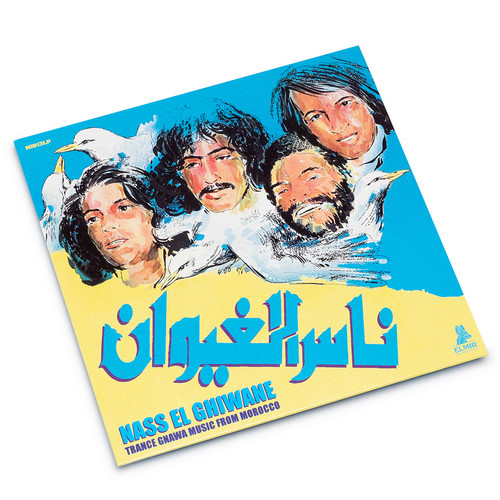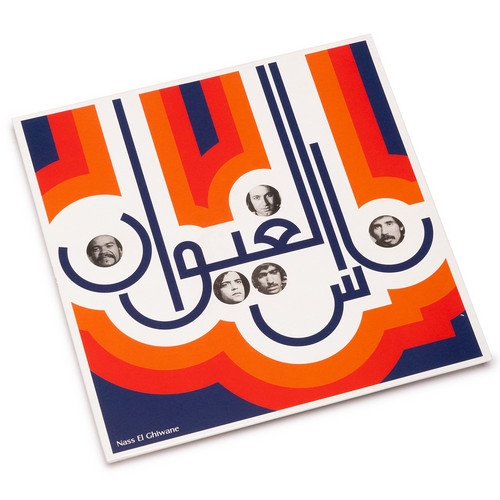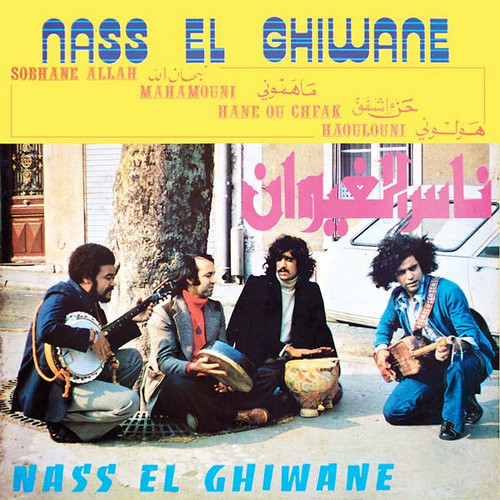Nass El Ghiwane
Trance Gnawa Music From Morocco
"In North Africa, a ziara is a spiritual ceremony where people come to exorcise demons, purify their bodies and loudly reaffirm their attachment to God, the prophet and the deities who claim to embody him. On this occasion, there are uncontrolled outbursts from the audience, but this has nothing to do with Roman orgies, as it lacks ostensible debauchery, aphrodisiacs or saturnalia - it is merely a blurring of the line between the religious and the superstitious. In a shrill parable, cries erupt …
Nass El Ghiwane
Nasse El ghiwane cannot be confined to the people who formed this mythical group. The practice of the ghiwane is an ancestral custom that conferred on people known for their probity and modesty the ability to describe through song and speech the daily life, problems and hindrances of their fellow men. These troubadours, from douars to douars, transmitted their knowledge through poetry, song and theatrical play. Considered revolutionary or a social phenomenon, the mythical band that American dire…
Nass El Ghiwane
Formed in 1971, Nass El Ghiwane's five members first performed in the avant-garde of Morocco's underground theater scene. Following their debut performance as a band in Rabat at Tayeb Seddiki's Mohammed V Theatre, their songs became the 1970s anthems of Moroccan youth -- nationalist, rebellious, experimental, and bygone all at once. They are Morocco's most enduring musical legacy. They modernized the way music was transmitted to the disenchanted and rebellious youth of their country. Their conce…


